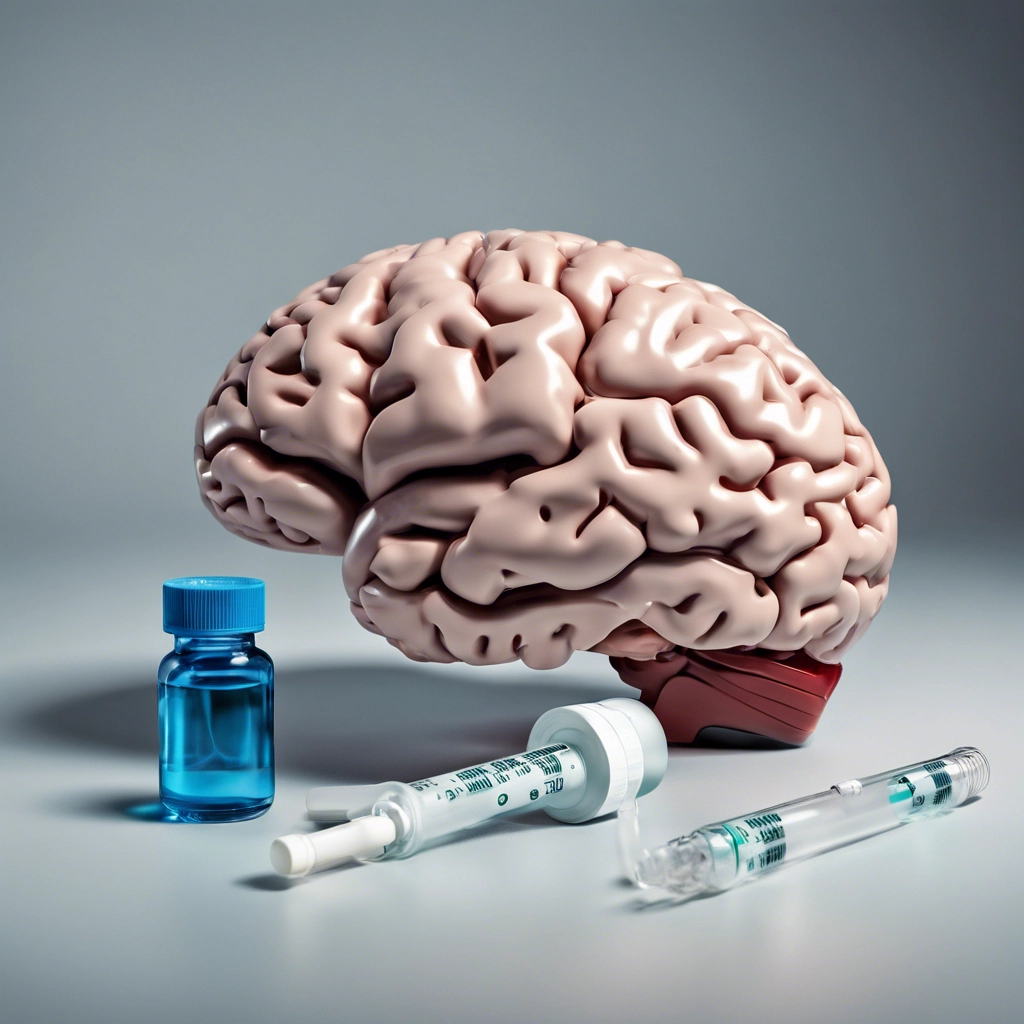Mental Health insights
Table of Contents
- Introduction to Mental Health
- Definition and Importance
- Common Mental Health Disorders
- Concepts in Mental Health
- Overview of Key Concepts
- Understanding Mental Health Metrics
- Mental Health Prevention and Treatment
- Prevention Strategies
- Treatment Options
- How Mental Health Can Affect Your Life
- Impact on Physical Health
- Effects on Relationships
- Influence on Productivity and Quality of Life
- Risk of Substance Abuse
- Five Ways to Improve Mental Health
- Regular Physical Activity
- Balanced Diet
- Adequate Sleep
- Mindfulness and Meditation
- Social Connections
- How to Fix Mental Health Issues
- Professional Help
- Self-Help Strategies
- How to Increase Mental Health
- Building Resilience
- Community and Resources
- Useful Resources
- Mental Health Help Centers and Hotlines
- Additional Reading and References
- Conclusion
- Summary of Key Points
- Encouragement to Seek Help and Utilize Resources
Mental Health Definition and Importance Mental health encompasses emotional, psychological, and social well-being. It influences how we think, feel, and act. It also determines how we handle stress, relate to others, and make choices. Mental health is crucial at every stage of life, from childhood and adolescence through adulthood.
Common Mental Health Disorders
- Anxiety Disorders: Includes generalized anxiety disorder, panic disorder, and social anxiety disorder.
- Mood Disorders: Includes depression and bipolar disorder.
- Psychotic Disorders: Includes schizophrenia.
- Eating Disorders: Includes anorexia nervosa, bulimia nervosa, and binge-eating disorder.
- Personality Disorders: Includes borderline personality disorder and antisocial personality disorder.
Mental Health Prevention and Treatment
Prevention Strategies
- Education and Awareness: Raising awareness about mental health and its importance can reduce stigma and promote early intervention.
- Healthy Lifestyle Choices: Encouraging regular exercise, balanced nutrition, and adequate sleep.
- Stress Management Techniques: Teaching techniques such as mindfulness, meditation, and relaxation exercises.
- Social Support Networks: Building strong relationships and community support.
- Early Screening and Intervention: Regular mental health check-ups and early treatment of symptoms.
Treatment Options
- Psychotherapy: Also known as talk therapy, includes cognitive-behavioral therapy (CBT), dialectical behavior therapy (DBT), and other forms of counseling.
- Medication: Antidepressants, anti-anxiety medications, antipsychotics, and mood stabilizers.
- Hospitalization: For severe cases where a person may be a danger to themselves or others.
- Support Groups: Peer-led groups that offer support and shared experiences.
- Alternative Therapies: Includes yoga, meditation, acupuncture, and art therapy.
How Mental Health Can Affect Your Life
Impact on Daily Life
- Physical Health: Poor mental health can lead to physical health problems like heart disease, stroke, and diabetes.
- Relationships: Mental health issues can strain relationships with family, friends, and colleagues.
- Productivity: It can affect work performance and academic achievement.
- Quality of Life: Overall life satisfaction and happiness can be significantly impacted.
- Risk of Substance Abuse: There is a higher risk of developing substance use disorders as a coping mechanism.
Five Ways to Improve Mental Health
- Regular Physical Activity: Exercise can help reduce anxiety and improve mood.
- Balanced Diet: Eating nutritious foods can affect brain health and mood.
- Adequate Sleep: Getting enough rest is crucial for mental and emotional resilience.
- Mindfulness and Meditation: Practices that promote relaxation and reduce stress.
- Social Connections: Maintaining healthy relationships and seeking social support.
How to Fix Mental Health Issues
Professional Help
- Seek Therapy: Consulting a licensed therapist for individual or group therapy sessions.
- Medication Management: Working with a psychiatrist for appropriate medication.
- Crisis Intervention: Utilizing hotlines and emergency services during a mental health crisis.
Self-Help Strategies
- Develop Coping Skills: Learning and practicing stress management and coping techniques.
- Healthy Lifestyle: Adopting healthy habits such as regular exercise, balanced diet, and adequate sleep.
- Stay Connected: Engaging in social activities and maintaining relationships.
How to Increase Mental Health
Building Resilience
- Positive Thinking: Practicing gratitude and positive affirmations.
- Goal Setting: Setting and achieving realistic goals to build confidence and motivation.
- Hobbies and Interests: Engaging in activities that bring joy and satisfaction.
Community and Resources
- Support Groups: Joining groups for shared experiences and support.
- Educational Programs: Attending workshops and seminars on mental health.
Useful Resources
Mental Health Help Centers and Hotlines
- National Alliance on Mental Illness (NAMI)
- Website: nami.org
- Helpline: 1-800-950-NAMI (6264)
- Location: Arlington, VA
- Substance Abuse and Mental Health Services Administration (SAMHSA)
- Website: samhsa.gov
- Helpline: 1-800-662-HELP (4357)
- Location: Rockville, MD
- Mental Health America (MHA)
- Website: mhanational.org
- Location: Alexandria, VA
- Crisis Text Line
- Website: crisistextline.org
- Text: Text “HELLO” to 741741
- American Foundation for Suicide Prevention (AFSP)
- Website: afsp.org
- Location: New York, NY
Additional Reading and References
- World Health Organization (WHO)
- Mental Health Information: WHO Mental Health
- National Institute of Mental Health (NIMH)
- Educational Resources: NIMH
By understanding these concepts and utilizing available resources, individuals can take proactive steps towards improving and maintaining their mental health.

